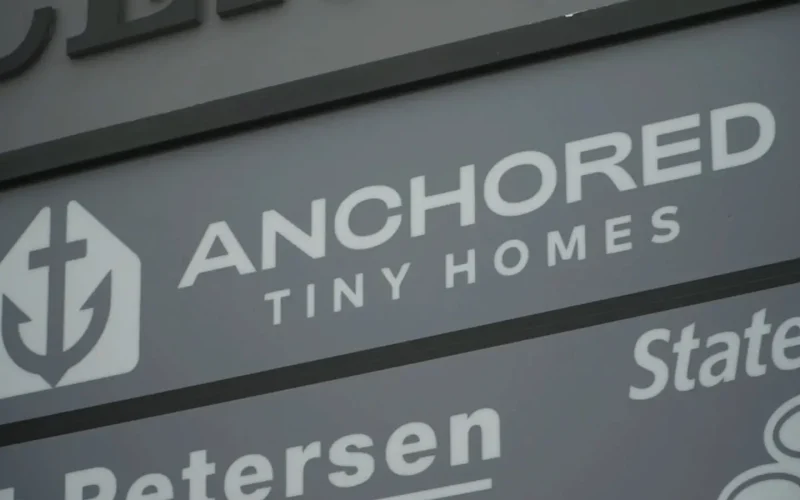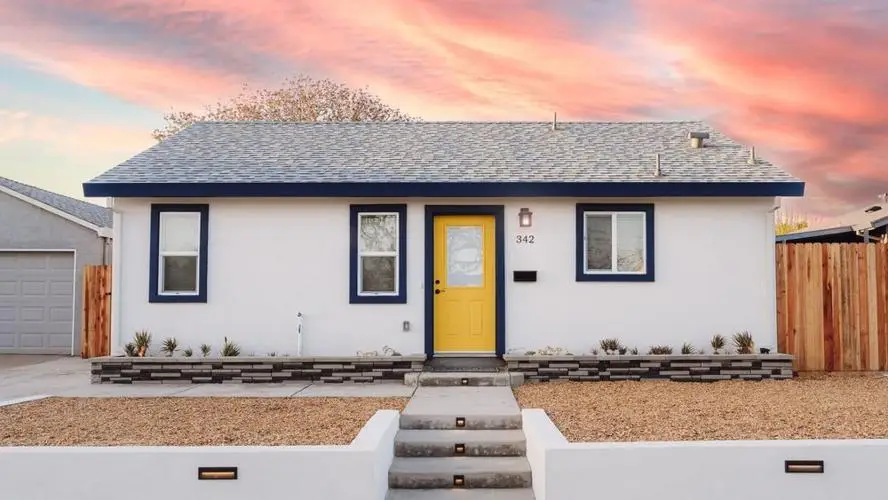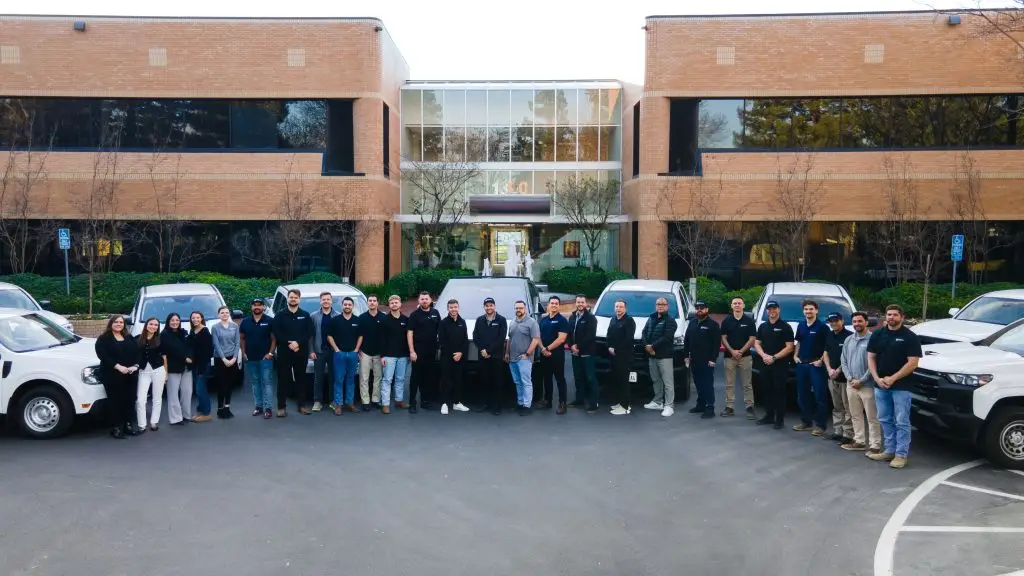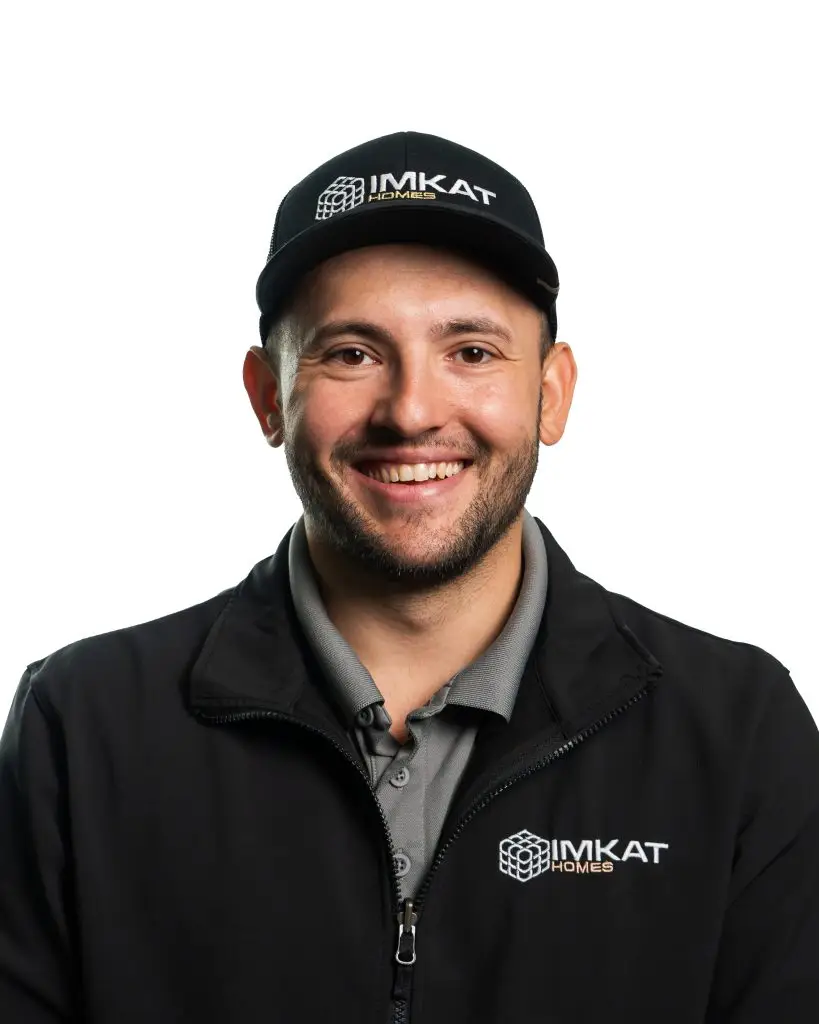
What Happened to Anchored Tiny Homes? The Rise and Fall of a Promising ADU Builder
In just a few short years, Anchored Tiny Homes went from being one of the fastest-growing custom ADU builders in America to a name now synonymous with broken promises, unpaid debts, and abandoned construction sites. What started as a family-run business with an ambitious mission quickly unraveled into a cautionary tale of overexpansion, mismanagement, and the devastating impact it had on customers, employees, and subcontractors alike.
The Rise: A Custom Tiny Home Builder Gains National Attention
Anchored Tiny Homes was founded in 2019 by Colton Paulhus, his brother Austin, and their father Scott in Fair Oaks, California. The company specialized in designing and building custom Accessory Dwelling Units (ADUs), gaining popularity in California and beyond. By 2023, Anchored was riding a wave of demand and claimed over $100 million in signed contracts. They even made the Inc. 5000 list, ranked at #224 among the fastest-growing companies in the nation.
Colton Paulhus wasn’t shy about his ambitions—he spoke openly about his goal to become a billionaire and began expanding the brand through nationwide franchising. By early 2024, Anchored had over 29 franchises across 61 territories, making it a prominent name in the ADU market.
The Cracks Begin to Show
By late 2023, things began to unravel. Complaints from homeowners started pouring in. Projects were delayed for months, subcontractors stopped showing up, and some clients paid tens or even hundreds of thousands of dollars with little to no work completed. What was worse, some discovered that no permits had even been filed for their projects.
Anchored began missing calls and emails. Their main office in Fair Oaks was soon locked up, phones disconnected, and their website and social media accounts quietly disappeared. Customers were left in the dark—many having already paid large sums of money with nothing to show for it.

Unpaid Subcontractors, Angry Clients
Subcontractors who had worked on ADU projects reported they hadn’t been paid for weeks or months. As a result, they walked off job sites, leaving homeowners with partially built structures and no timeline for completion. Some customers were even hit with mechanic’s liens from unpaid contractors—despite having already paid Anchored in full.
Former employees have since come forward, describing a chaotic environment where financial decisions were made recklessly. Anchored’s COO resigned after witnessing questionable practices, including demanding upfront payments for work that hadn’t been started and diverting crews to work on the Paulhus family’s personal properties.
Lavish Spending and Unsustainable Growth
Behind the scenes, Anchored was taking on risky loans to fund its rapid expansion and personal luxuries. Colton Paulhus reportedly took out high-interest loans and used company funds to support a lavish lifestyle—including a $250,000 Bentley, luxury vacations, and a $100K/year podcast team.
As financial pressure mounted, Anchored allegedly used new customer deposits to pay old debts, a move some have compared to a Ponzi scheme. Meanwhile, franchisees across the country who had bought into the Anchored vision were left with no support, no systems, and in many cases, no business at all.
The Collapse: Offices Closed, Licenses Suspended
In July 2024, Anchored Tiny Homes shut its doors without notice. The California Contractors State License Board (CSLB) suspended their contractor license after discovering the company had canceled its required bond. Investigators found multiple violations, including collecting payments without performing work and abandoning projects mid-way.
The Better Business Bureau (BBB) revoked Anchored’s accreditation, marking them as “Out of Business.” Lawsuits started rolling in from homeowners, subcontractors, employees, and lenders.
As financial pressure mounted, Anchored allegedly used new customer deposits to pay old debts, a move some have compared to a Ponzi scheme. Meanwhile, franchisees across the country who had bought into the Anchored vision were left with no support, no systems, and in many cases, no business at all.
Bankruptcy and Legal Fallout
While the company itself did not file for bankruptcy, its top executives did. Colton and Austin Paulhus both filed for Chapter 7 personal bankruptcy in late 2024. Their filings revealed luxury cars, real estate, and hundreds of thousands in personal income in the years prior.
Meanwhile, state regulators, the Sacramento District Attorney, and even the FBI have been investigating the case. Whether criminal charges will be filed remains to be seen, but victims are demanding justice. Many are organizing online, sharing their stories, and warning others.
The Better Business Bureau (BBB) revoked Anchored’s accreditation, marking them as “Out of Business.” Lawsuits started rolling in from homeowners, subcontractors, employees, and lenders.
As financial pressure mounted, Anchored allegedly used new customer deposits to pay old debts, a move some have compared to a Ponzi scheme. Meanwhile, franchisees across the country who had bought into the Anchored vision were left with no support, no systems, and in many cases, no business at all.
The Aftermath
More than 450 customers have reportedly been affected, and millions of dollars are presumed lost. Some families have had to take out second loans, delay retirement, or give up entirely on the ADU they dreamed of. Even subcontractors and former employees are struggling to recover unpaid wages and debts.
Anchored Tiny Homes was a company that showed promise, but ultimately collapsed under the weight of its own ambition and mismanagement. It serves as a hard lesson in due diligence for homeowners and a call for stronger oversight in the construction and franchising industries.
If you or someone you know was affected by Anchored Tiny Homes:
File a complaint with the California Contractors State License Board.
Report financial fraud to the California Department of Financial Protection and Innovation.
Join the support group “Scammed by Anchored Tiny Homes” on Facebook.

How IMKAT Homes Is Different
At IMKAT Homes, we’ve learned from the mistakes others have made. We are committed to doing things the right way—ethically, transparently, and professionally. Here’s how we’re different:
Net-21 Payments to Contractors – We pay all of our subcontractors within 21 days of completed work to ensure they’re treated fairly and always show up ready to deliver their best.
No Advance Customer Charges – We never charge our clients unless work is completed. You only pay for work that’s already been done and approved.
Responsible Bidding – We bid projects properly and realistically to ensure we maintain steady cash flow and don’t overpromise or underdeliver.
Dedicated Project Management – Every IMKAT project comes with a dedicated project manager to keep things on track, communicate updates, and avoid delays.
Permit-First Approach – We never break ground until all permits are approved, plans are finalized, and timelines are clearly set.
Clear Communication – From the first consultation to the final inspection, we keep you informed. We don’t disappear.
Reputation Over Revenue – We care more about building a trustworthy name in the industry than cutting corners to increase margins.
We’re not just building ADUs—we’re building peace of mind. If you’re looking for a builder that stands by its word and respects your time, budget, and vision, IMKAT Homes is here to serve.











